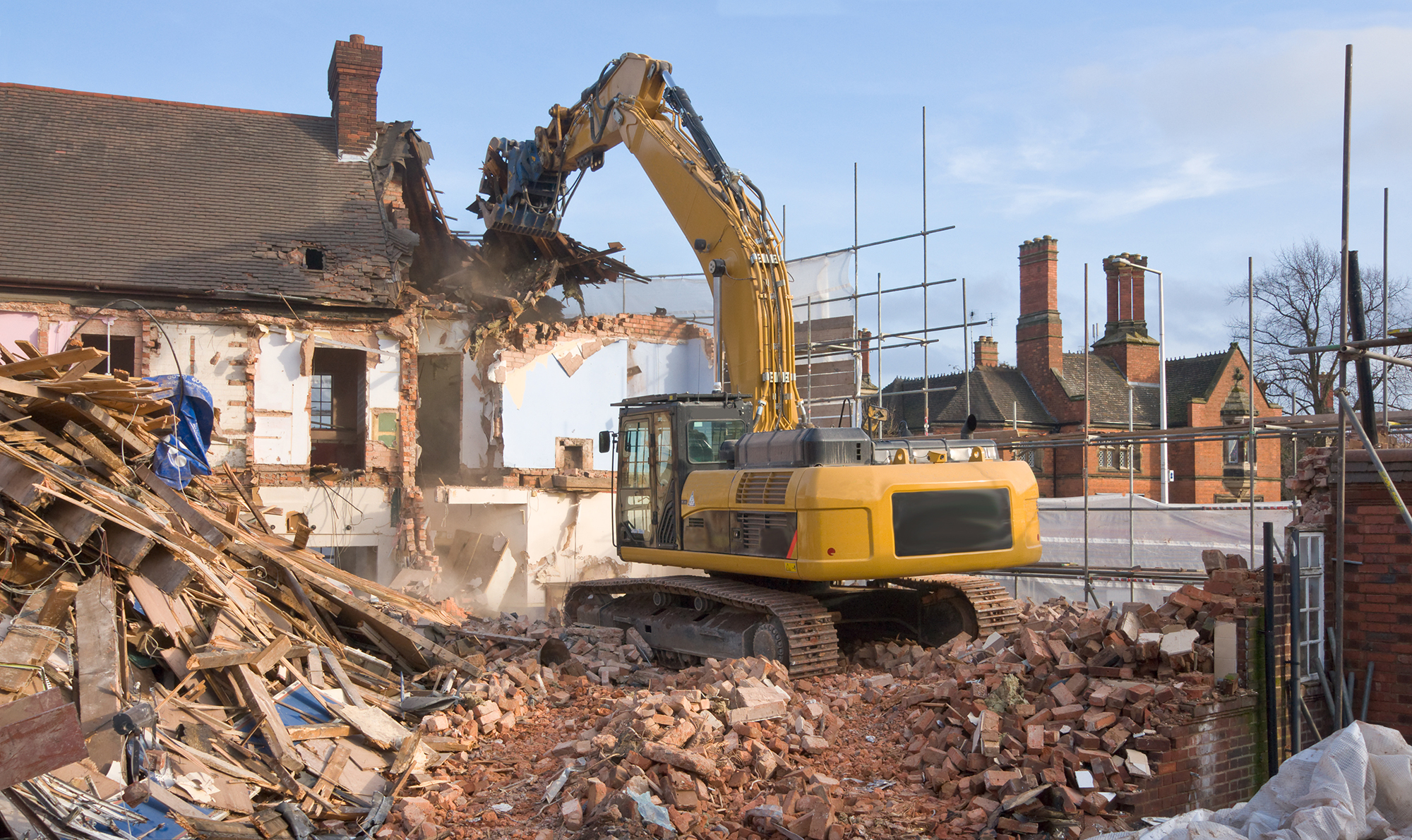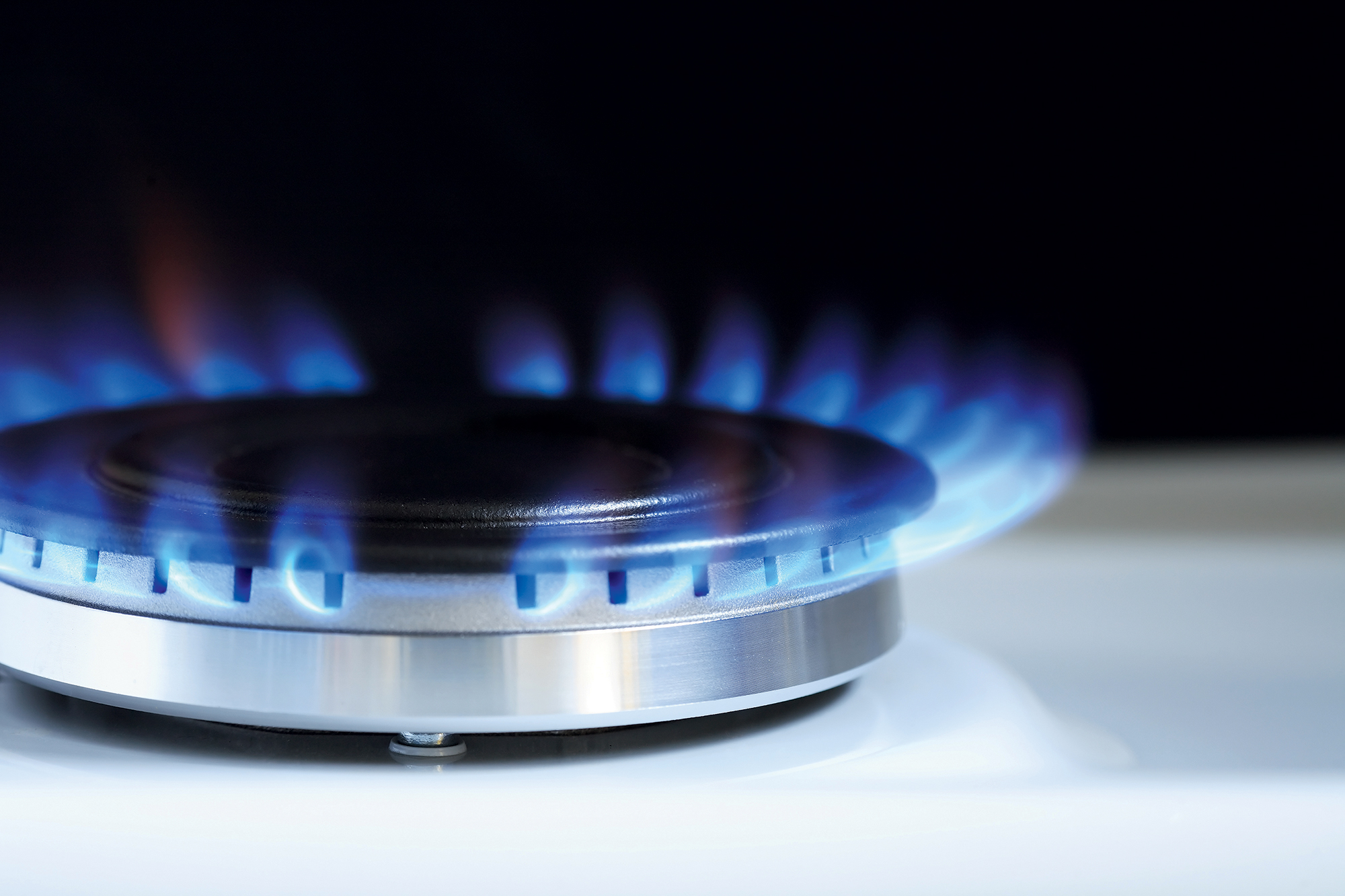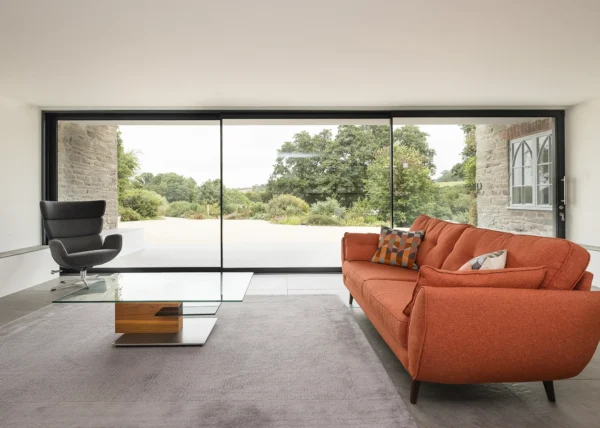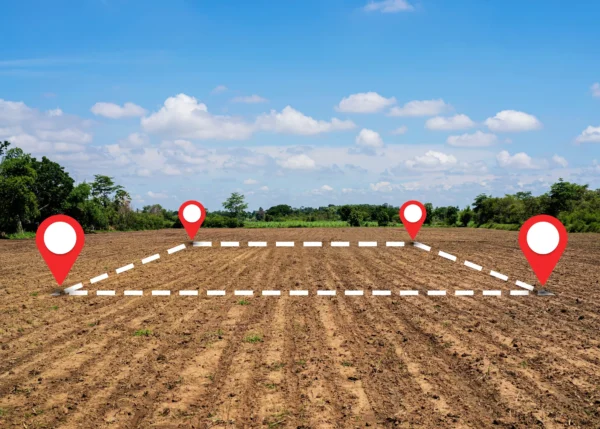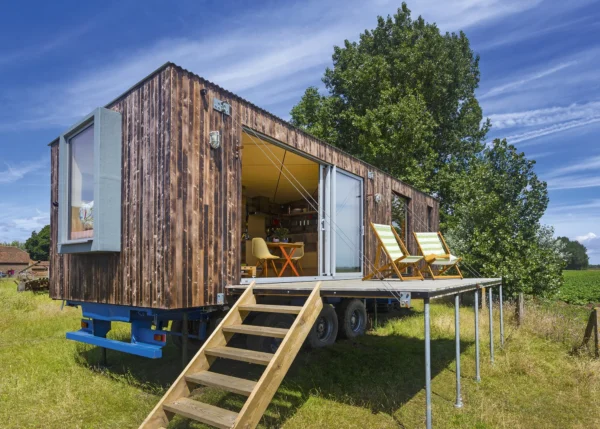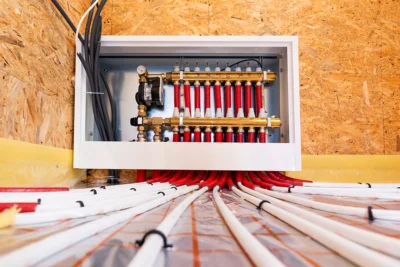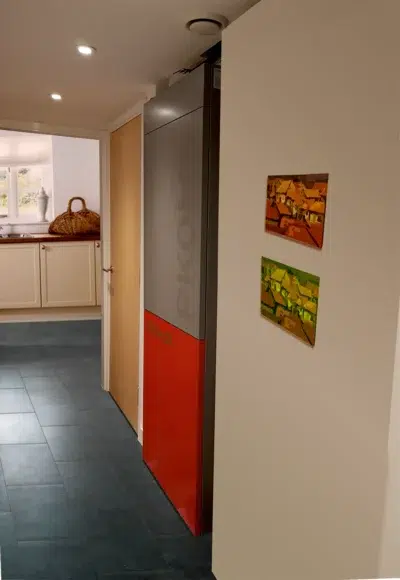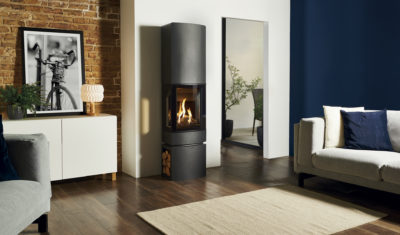Guide to Installing a Gas Boiler in Your New Home
Whether you’re renovating an existing home, adding an extension, or starting from scratch, there are plenty of building challenges to be acutely aware of. One of the key elements to map out on your project is getting your gas connection and appliances sorted.
In order to get your home running safely and smoothly there are a litany of considerations that come with gas work, including your supply, your boiler, and your meter. When dealing with gas, it’s always important to take extra special care, as the last thing you want is for all of your hard work to literally go up in smoke.
So, you should work with professional engineers to plan your gas needs well in advance to ensure that you’re fully prepared should any problems arise.
Getting gas to site
If you are building a new home, one of the most important steps will be getting a gas supply to your property. After all, if your new home isn’t connected to the grid then you’ll be limited in terms of your heating choices. So how do you do this?
There are a few ways to do this, but first you’ll have to contact your chosen transporter (not to be confused with gas suppliers), depending on who’s available in the area. Gas transporters will help connect your home to the grid with piping, but they will not be the company providing you with the gas that goes through those pipes.
Costs can vary and will largely depend on the amount of work to be done – for instance, will they need access to extra properties or to close a road to complete the work? Ask for a comprehensive quote to ensure you’re not paying for anything more than you need.
If you are undertaking a demolish and rebuild project, there may already be a gas supply on site. This will need to be safely capped during the works and re-enabled for the new connection. Again, speak to your gas transporter for advice.
What size boiler will I need?
Once your new property is connected to the gas mains, the next step will be to choose the boiler for your new home. This will largely depend on the size of your property.
The most common boiler in the UK is a combi boiler, which can provide heating and hot water for your home without the need for you to install a water tank as well.
In terms of size, you’ll typically need a combi boiler with a heat output of 24-27kW for a small flat with one bathroom; and 28-34kW for a medium-sized house with three or four bedrooms and two small bathrooms. If you have a larger home with as many as 20 radiators and two bathrooms, then you’ll be after a 35-42kW boiler.
There are other options, of course, but British Gas feels that most properties will require one of these more standardised boilers. You should hire a suitably-qualified heating engineer to assess your plans and determine the best setup to suit your household’s heating and hot water demand.
Connecting the meter and installing the gas boiler
Now that you have your supply and your boiler, you can look towards connecting your meter and actually installing your boiler.
In order to do this, you first need to decide where your boiler will live. Your heating engineer will look to position the unit in a place where electric outlets, a flue, and gas pipes converge so the boiler can be easily installed.
You should always use a qualified professional when fitting your boiler to ensure a safe installation that meets Building Regulations.
Once your boiler is installed it will need be connected to the meter – the type of meter you choose has to be approved by your supplier. You’ll also need your supplier’s permission and to use a qualified engineer to make the installation, as the meter will be an integral part of your home.
Installing, removing or tampering with your meter without permission or the proper qualifications is unsafe and considered a crime, so make sure you call in the right person.
When it comes to gas safety, it’s important to hire experienced professionals. British Gas has thousands of engineers at the ready to help you, from choosing the right boiler to carrying out the installation and connecting to the meter, so don’t be afraid to call in an expert.
Once your boiler is installed and commissioned, you’ll need a Building Regulations Compliance Certificate. You now have a properly heated home. Great job!
Top Tips for Boiler MaintenanceWith a freshly installed boiler you’ll want to make sure that it lasts. A great way to maximise your boiler’s service life is to insulate your pipes, especially before winter. Most DIY shops sell cheap and effective pipe lagging, so this quick step could save you a lot in the long run. Additionally, you’ll want to keep the pressure at the recommended level. The manual will probably have specifics but the ideal pressure for almost any boiler is between 1 and 1.5 bar. Any more or less risks the chance of slowly degrading the condition of your boiler. Periodically check the dial on the front to see how yours is doing. These are just a few steps to ensure that your boiler keeps on ticking but if you feel it could use a little TLC, British Gas offers a range of repair and ongoing maintenance services, so you can ensure your boiler runs at peak efficiency. |

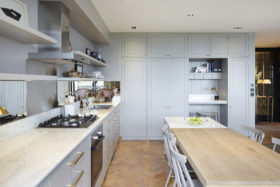


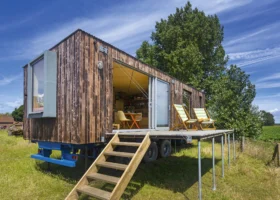
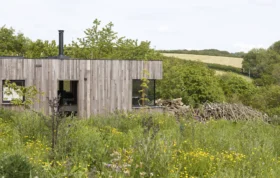
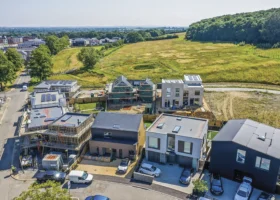
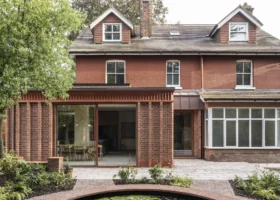
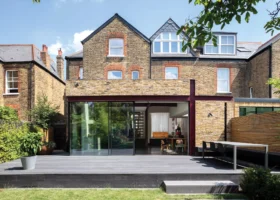
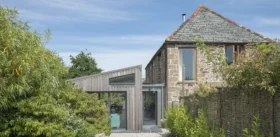
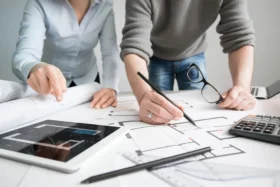

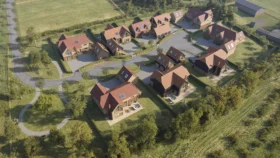
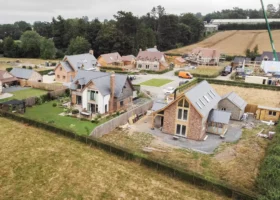

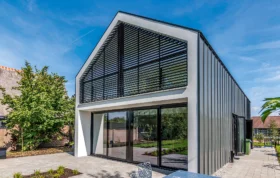

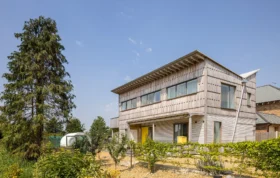
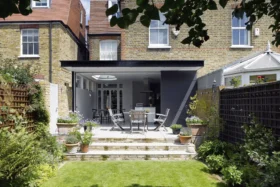
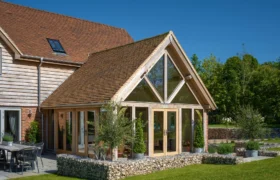
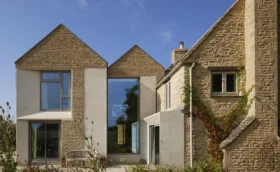
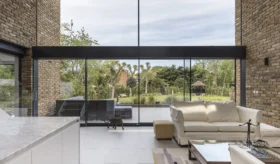
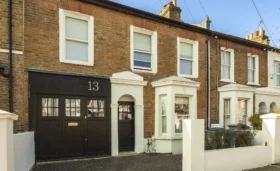
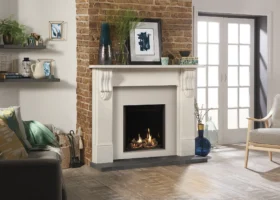










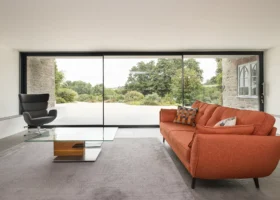
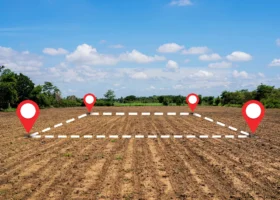
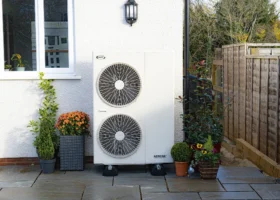

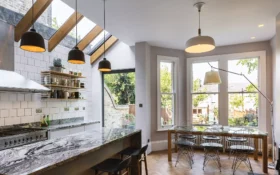


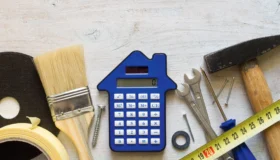
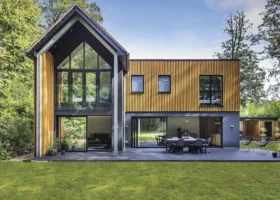
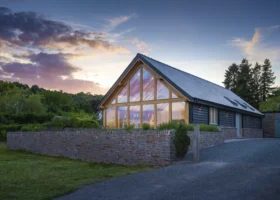
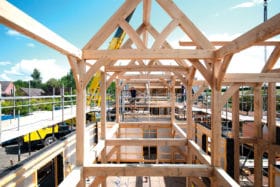
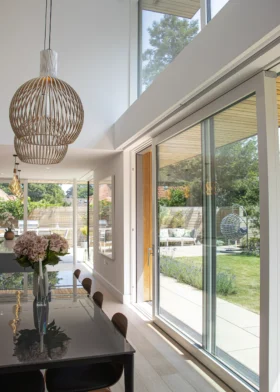
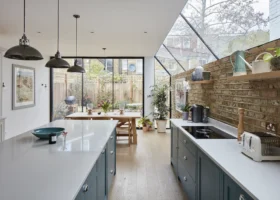

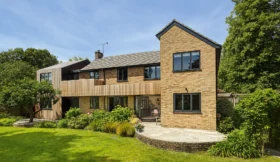

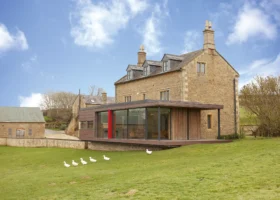
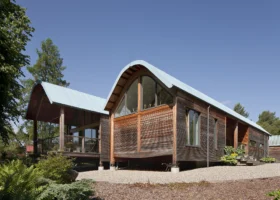

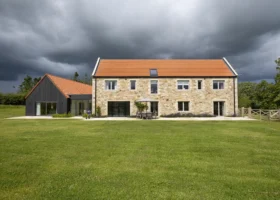
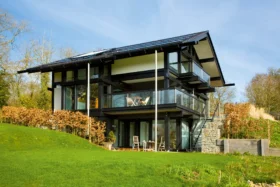


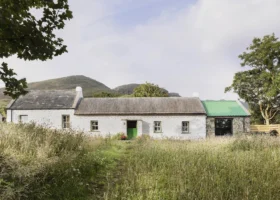
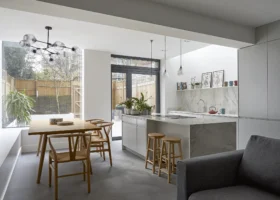
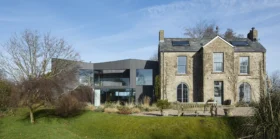
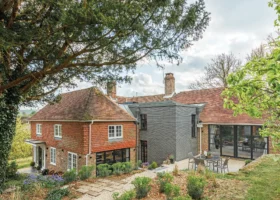
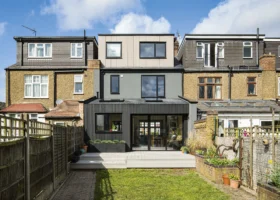
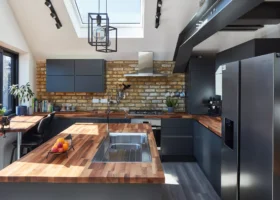
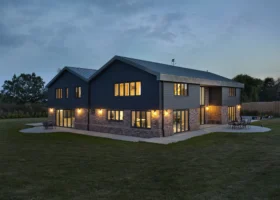
















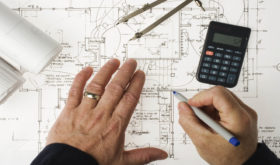




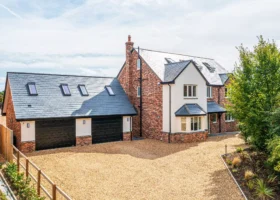
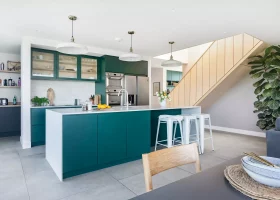










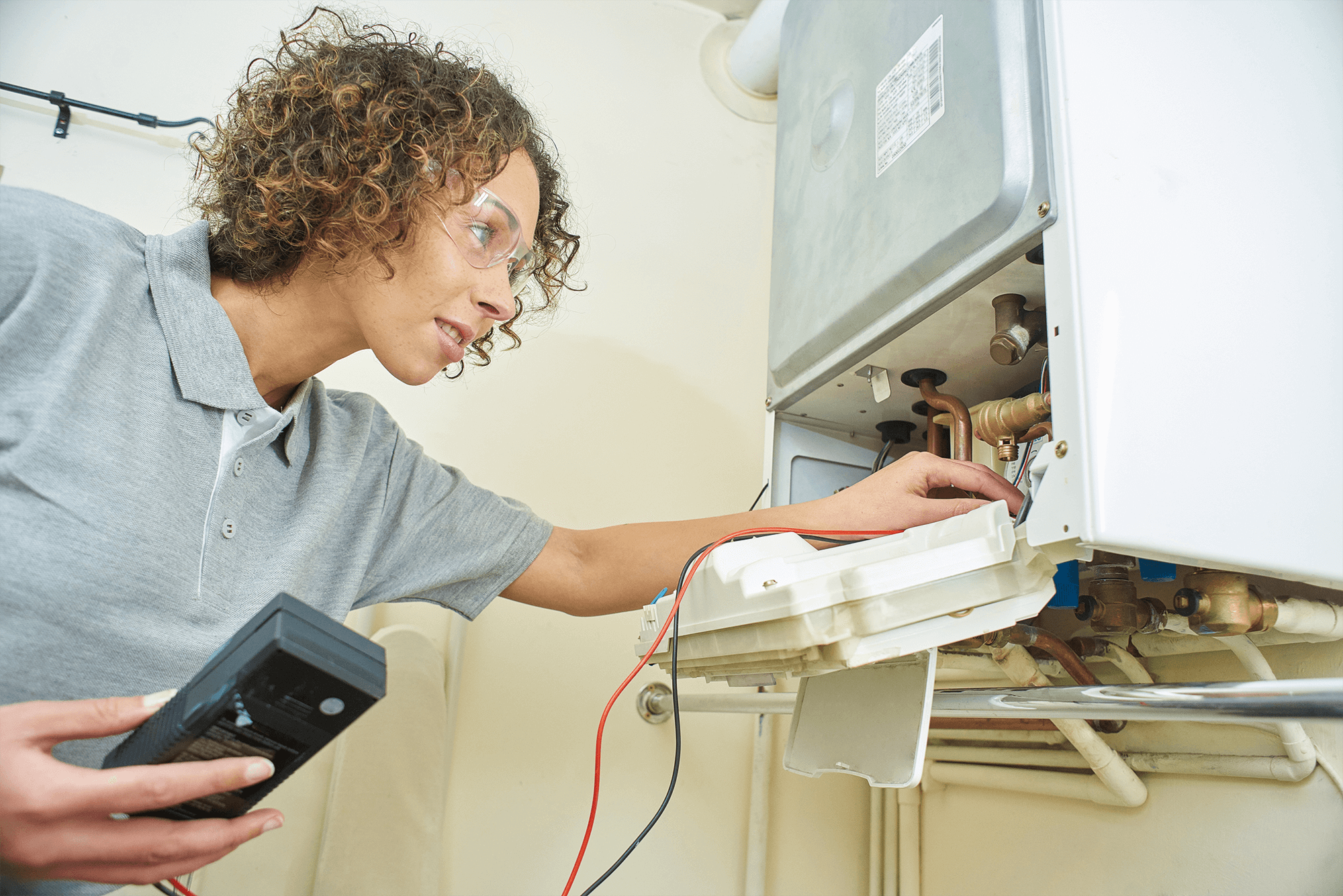
 Login/register to save Article for later
Login/register to save Article for later

